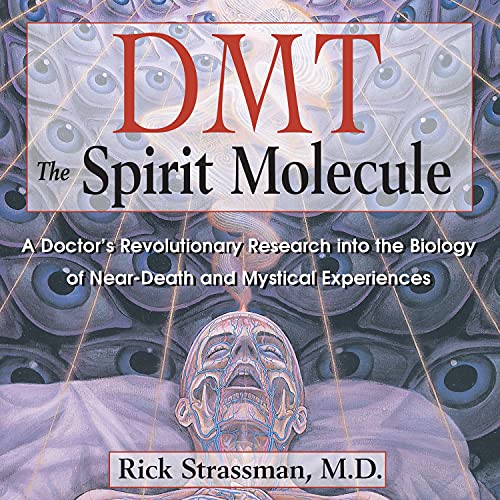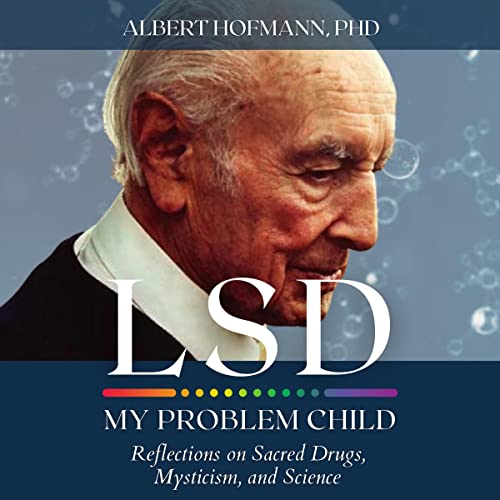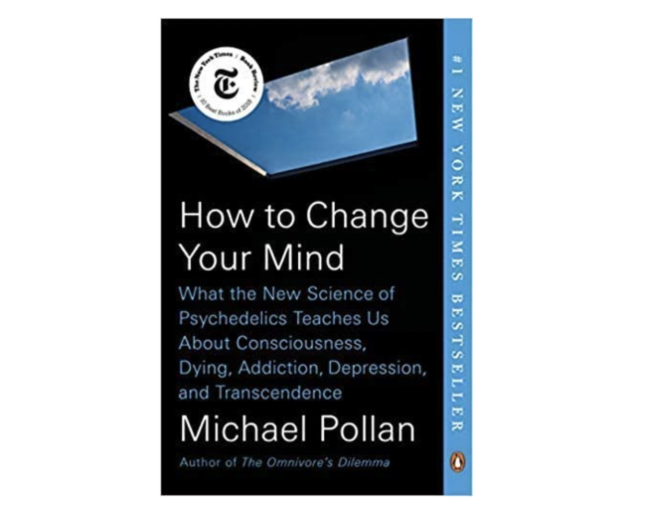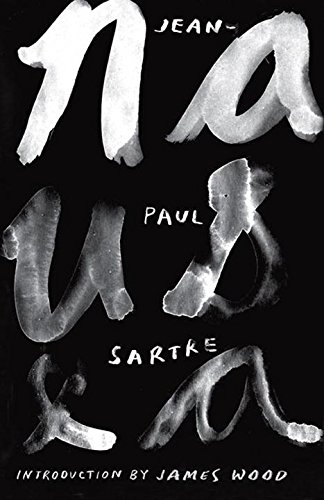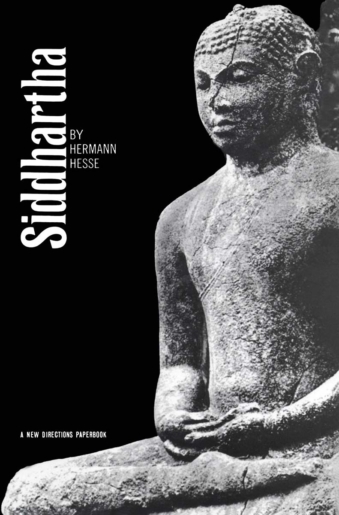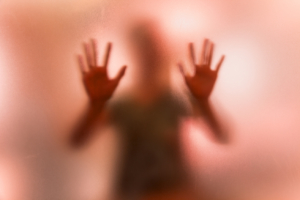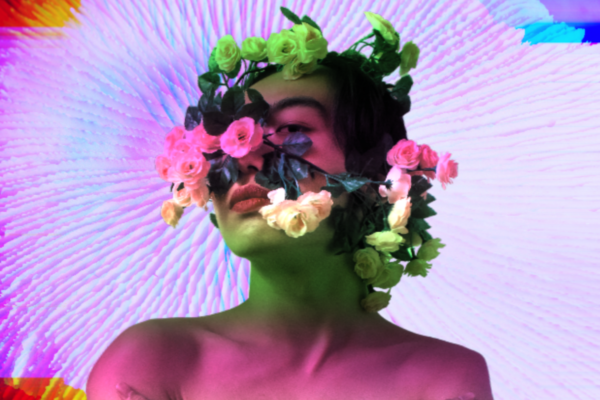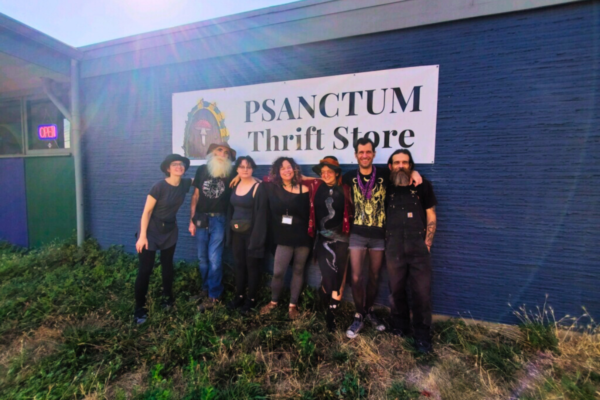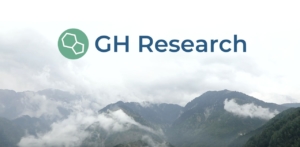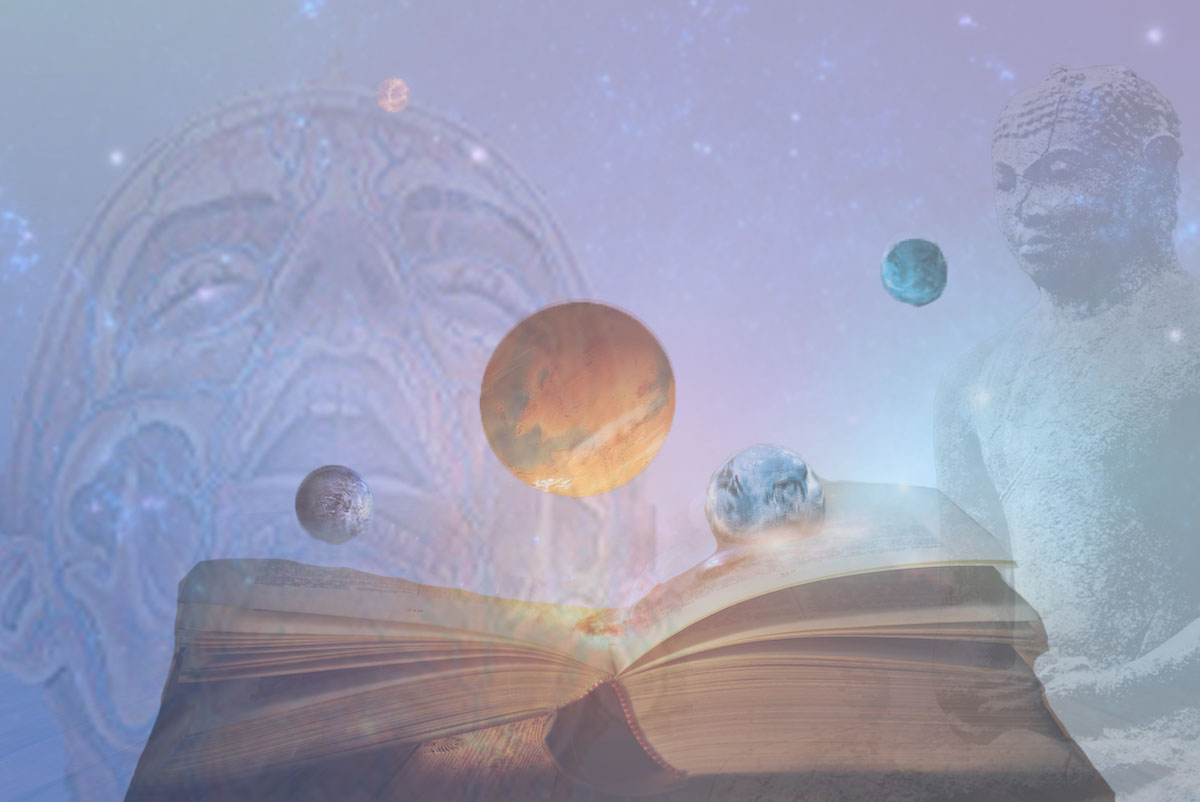
Curious to learn more about psychedelics? We’ve already recommended several documentaries, available to watch either on streaming services or YouTube, and we write articles about the subject every day, but for those hungry for more, here are some of our favorite psychedelic books to devour.
Psychedelic Spotlight staffers weighed in with their No. 1 recommendation for readers. Some are research driven, others are fictional narratives, but all are guaranteed to expand your mind. Got a suggestion? Speak up in the comments section below and let other readers know!
DMT: The Spirit Molecule: A Doctor’s Revolutionary Research into the Biology of Near-Death and Mystical Experiences
This book deserves some recognition because it was one of the first books to revive interest in psychedelic research after a two-decade ban. Not only does the author describe the research and experiments conducted with precision, he also brings to light the obstacles of early psychedelic research, and questions the set and setting of a sterile clinical basis for the trials and its impact on the subject’s experience.
Whether you’re a hardcore researcher or just an avid psychonaut, this book has it all. The author covers the scientific approach as well as tales from 400 people who have pushed the envelope of human experience, making you feel like science and spirituality are finally chipping away at the same wall.
– Maria Holyanova, Director of Branding and Marketing
LSD My Problem Child: Reflections on Sacred Drugs, Mysticism and Science by Dr. Albert Hofmann
LSD My Problem Child is written by the Father of LSD himself, Dr. Albert Hofmann, the man who invented LSD and was the first human to try it. I love this book because it’s a first-person account of how LSD was created and what Hofmann’s self-experiments were like, as someone who didn’t know they were ingesting a psychedelic substance. The book also goes into Hofmann’s experiences using psilocybin and his adventures to Mexico to try other psychedelics.
You’ll love this book if: 1) You’re passionate about psychedelic discovery, synthesis, and history of its usage and 2) You’re interested in diving into what the first acid trip was like.
Here’s an excerpt from the book: “There was to my knowledge no other known substance that evoked such profound psychic effects in such extremely low doses, that caused such dramatic changes in human consciousness and our experience of the inner and outer world… What seemed even more significant was that I could remember the experience of LSD inebriation in every detail… without [it] leaving a hangover.”
This may not seem like a big deal for today’s psychonauts, but in 1943 substances like this were essentially unheard of.
How to Change Your Mind: What the New Science of Psychedelics Teaches Us About Consciousness, Dying, Addiction, Depression, and Transcendence
Nausea
There was a time in my life where “existentialist” and “emo” were definitively the two “e” words I identified with the most. While the music I was ingesting and surviving on was decidedly angsty and indicative of my own state of mind and body, the literature I sought out was no different. Enter the phantasmagoric world of Jean Paul Sartre, and his seminal work of “fiction,” Nausea.
Have you ever been repulsed by your own body? By even the thought of lugging around this incomprehensibly complex bio-mechanical system of checks and balances, blood and bone? What’s more, have you ever felt perplexed to the point of stomach sickness by even having to contemplate why this should be the case? Why can’t consciousness exist in a state that is free of the desire to contemplate its purpose? Surely the truest form of freedom comes from a release of adherence to form and function. Can that be attainable whilst remaining, mostly, “human?”
Siddhartha
Psychedelics helped spark the Western hunger for Eastern spirituality in the 1960s, a cultural fascination that continues to this day, and Hermann Hesse wrote one of the best fictional accounts of enlightenment decades before mind-manifesting, hallucinogenic drugs burst onto the counter culture scene. Published in 1922, this short but profound read follows the journey of a young Indian Brahmin through samsara to nirvana, culminating in, perhaps, the most vivid description of spiritual awakening and Dharma transmission since Krishna revealed his true cosmic form to Arjuna in the Bhagavad Gita.
Psychedelics are a tool to study the mind and its perceptions, so naturally, they are of interest to seekers trying to better understand themselves through scientific and spiritual methods. It is no coincidence that psilocybin and LSD led psychedelic pioneer Ram Dass, and so many others, to study and practice Buddhism or Hinduism. Even author Michael Pollan said he started meditating after tripping through various psychedelic drugs to write his celebrated book mentioned above. Siddhartha holds the priceless pearl of wisdom that so many seekers who embark on the psychedelic journey hope to obtain. I’ve read this book three times, and will read it again, and again, and again, and hope more people discover and treasure it, too.
– Greg Gilman, Managing Editor and Contributor
